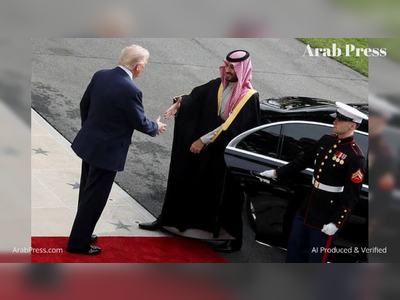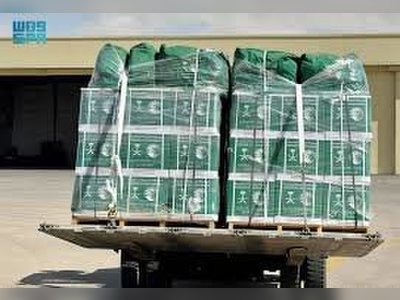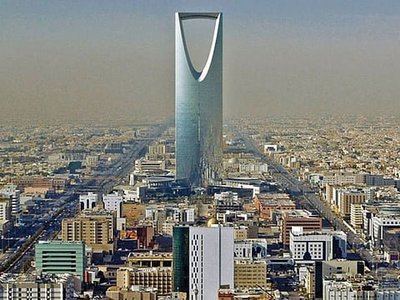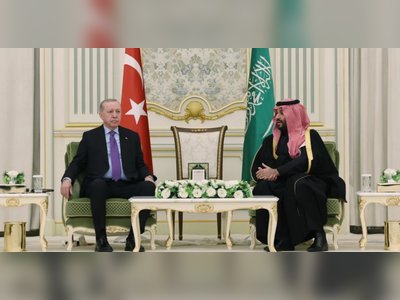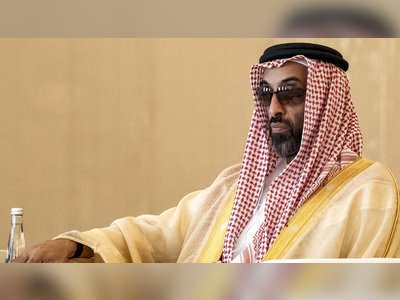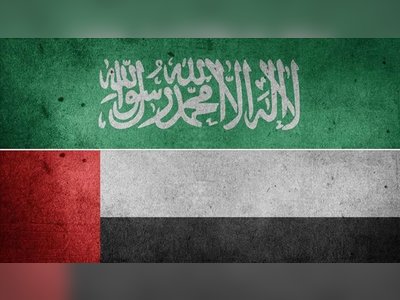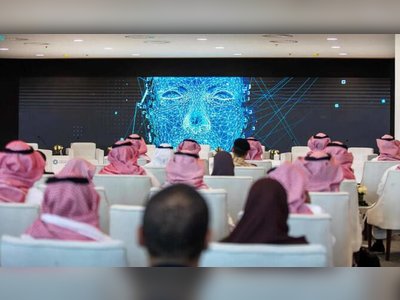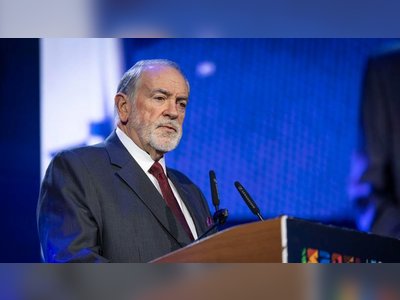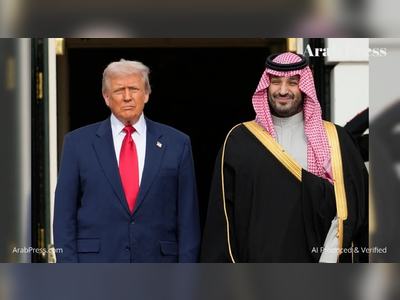Trump's Foreign Policy Pivot: U.S.-Russia Relations and Global Implications Amid Domestic and International Challenges
Trump signals foreign policy shift with Putin talks and appoints Tom Homan as border czar, while global leaders navigate repercussions of U.S. transition.
In a notable shift in U.S. foreign policy, President-elect Donald Trump held a phone conversation with Russian President Vladimir Putin, urging a de-escalation in the Ukraine conflict and indicating an interest in further talks. This comes as a stark contrast to the outgoing administration's policies, as Trump appears to be pivoting from Biden's pro-Ukraine stance ahead of his inauguration.
Meanwhile, Japanese Prime Minister Shigeru Ishiba is navigating the complexities of forming a minority government following a recent election shake-up. With economic and defense challenges on the horizon, Ishiba is also bracing for potential negotiations with Trump's incoming administration, highlighting the global ripple effects of the U.S. political transition.
On the domestic front, Trump has appointed former ICE Acting Director Tom Homan as the new "border czar," focusing on a key campaign promise to strengthen immigration controls. This appointment underscores Trump's intent to prioritize border security, with Homan set to oversee deportations and manage the nation's borders.
Elsewhere, tensions erupted in Dhaka as efforts to hold a rally commemorating political protests were thwarted by opponents of former leader Sheikh Hasina. This clash highlights the ongoing power struggles in Bangladesh, adding to the regional instabilities that continue to unfold.
Turning to Mauritius, the nation awaits the results of a high-stakes election involving incumbent Prime Minister Pravind Jugnauth, whose tenure has been tested by allegations of a phone-tapping scandal. The backdrop of Britain's cession of the Chagos Islands introduces another layer to the political dynamics as the nation scrutinizes its democratic integrity.
Finally, escalating tensions near Jerusalem were marked by the interception of a missile fired by Yemen's Houthi militants, drawing attention amid the ongoing Gaza conflict. The missile incident, partly attributed to Iran's backing of the Houthis, signals a broader regional volatility that reverberates through the Middle East.
Meanwhile, Japanese Prime Minister Shigeru Ishiba is navigating the complexities of forming a minority government following a recent election shake-up. With economic and defense challenges on the horizon, Ishiba is also bracing for potential negotiations with Trump's incoming administration, highlighting the global ripple effects of the U.S. political transition.
On the domestic front, Trump has appointed former ICE Acting Director Tom Homan as the new "border czar," focusing on a key campaign promise to strengthen immigration controls. This appointment underscores Trump's intent to prioritize border security, with Homan set to oversee deportations and manage the nation's borders.
Elsewhere, tensions erupted in Dhaka as efforts to hold a rally commemorating political protests were thwarted by opponents of former leader Sheikh Hasina. This clash highlights the ongoing power struggles in Bangladesh, adding to the regional instabilities that continue to unfold.
Turning to Mauritius, the nation awaits the results of a high-stakes election involving incumbent Prime Minister Pravind Jugnauth, whose tenure has been tested by allegations of a phone-tapping scandal. The backdrop of Britain's cession of the Chagos Islands introduces another layer to the political dynamics as the nation scrutinizes its democratic integrity.
Finally, escalating tensions near Jerusalem were marked by the interception of a missile fired by Yemen's Houthi militants, drawing attention amid the ongoing Gaza conflict. The missile incident, partly attributed to Iran's backing of the Houthis, signals a broader regional volatility that reverberates through the Middle East.
